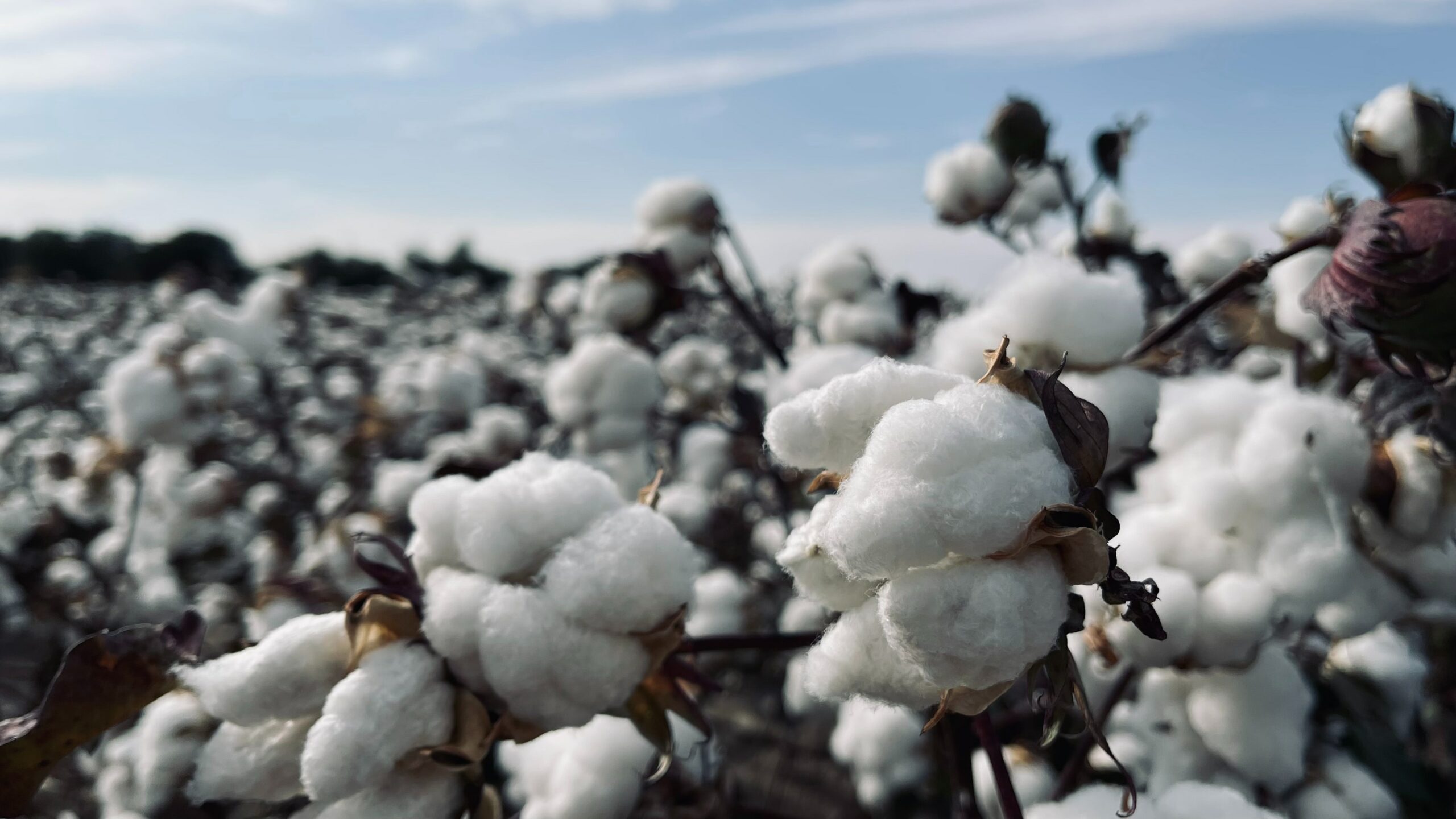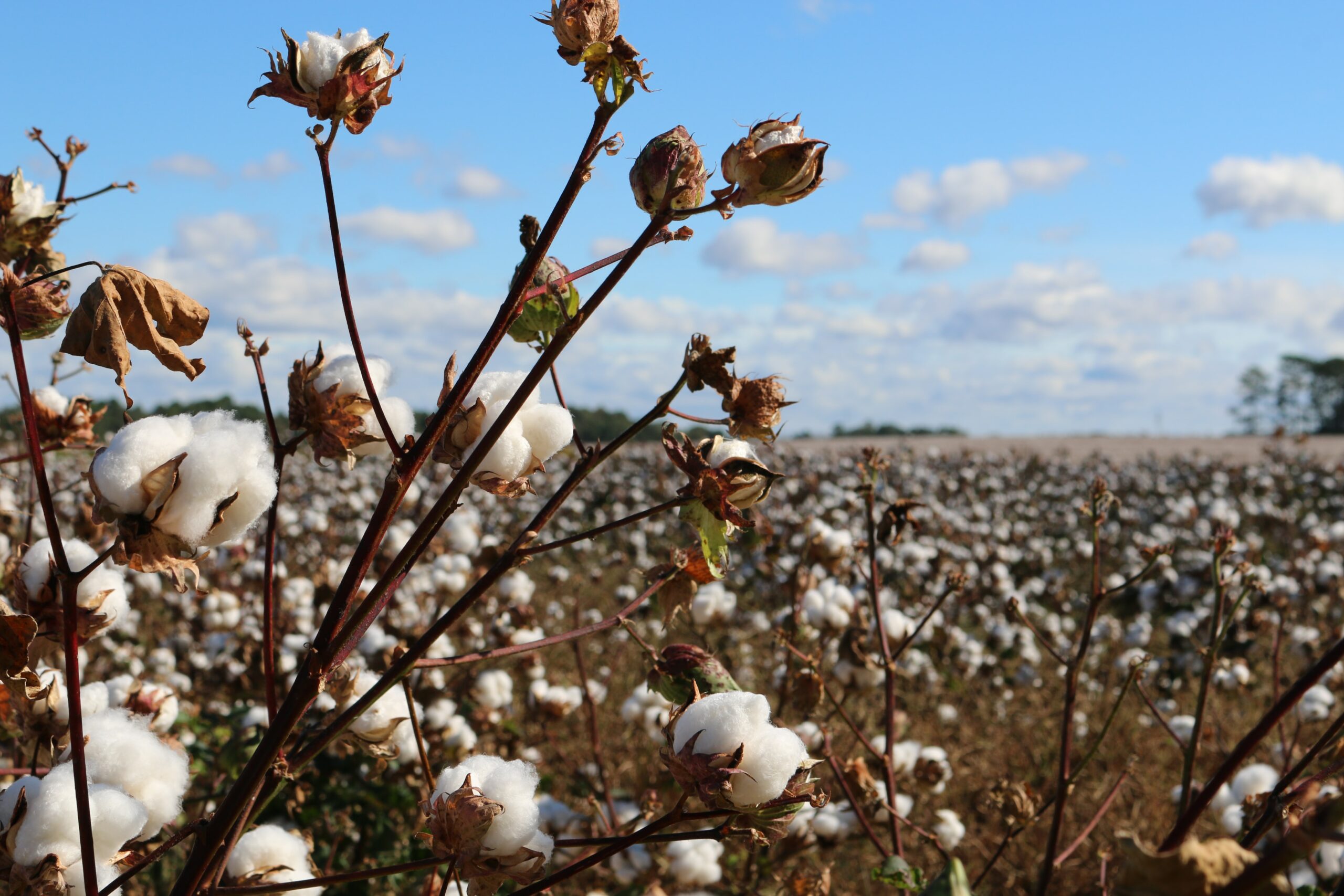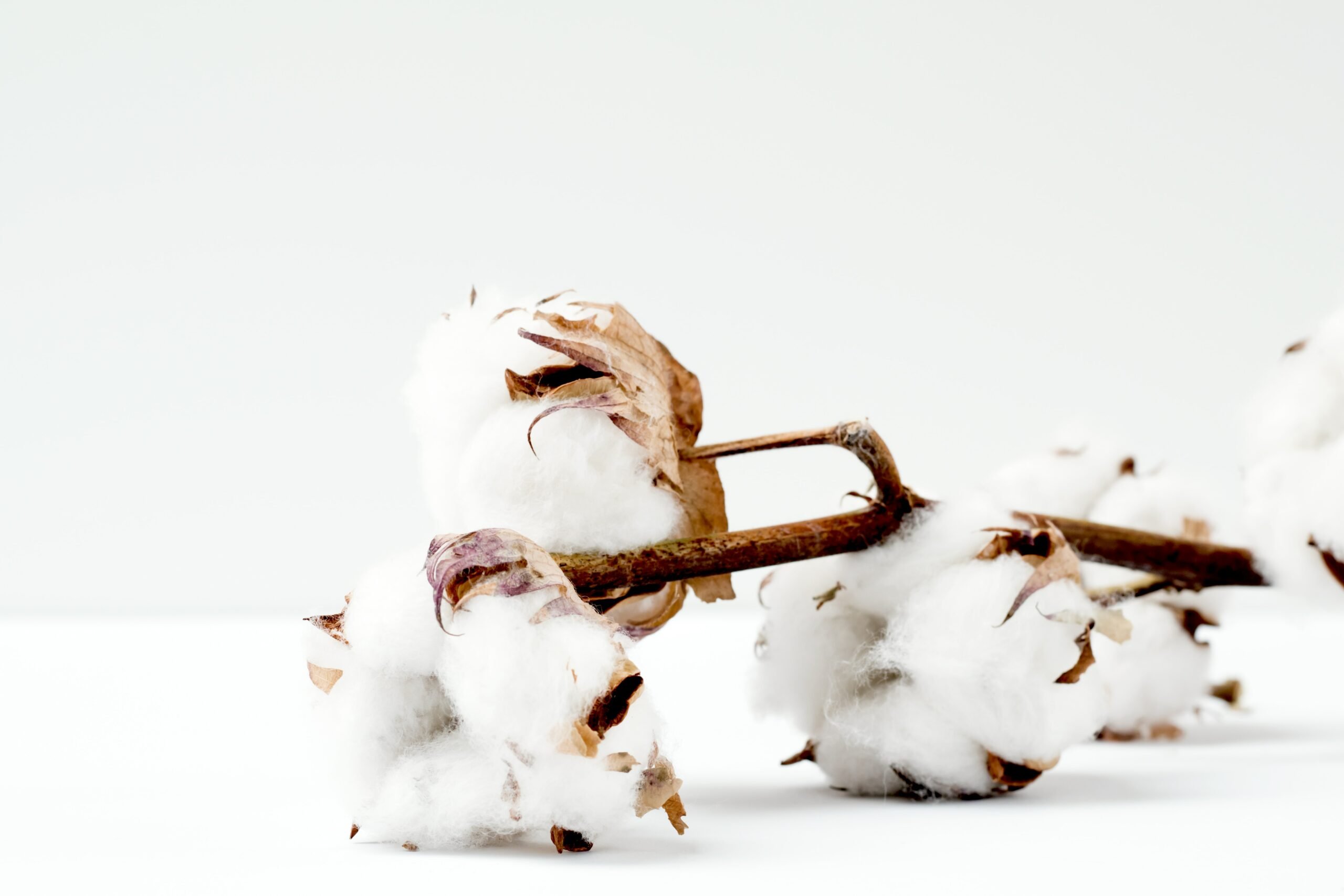Cotton is the most widely used material to make clothes with, but at the same time it is very damaging to the environment. That is why more and more brands are focusing on making their products and services more sustainable. As a result, the range of clothing with organic cotton has increased significantly in recent years. Still, it can be difficult to know exactly what you’re holding in your hands. In this article we list a few things to help you make an informed choice.
1. What exactly is organic cotton?
Organic cotton has not been treated with harmful herbicides and pesticides. The cotton has been grown in the most natural way possible. In practice, this means that no artificial fertilizers have been used. Instead, they keep the soil healthy with, among other things, crop rotation (a different crop every year). In addition, they use less water and energy. This is not only beneficial for the environment, but also for the cotton farmers and animals. The cotton plant is also not genetically modified in any way.
2. Is organic cotton sustainable?
Organic cotton is in some ways more environmentally friendly than conventional cotton farming. Nevertheless, it remains an intensive form of agriculture. This is because the cotton plant itself requires a lot of water to thrive. In addition, more land is needed to produce a good annual yield. Organic cotton is also more vulnerable to diseases and pests. The designation “organic” says nothing about the processing of the cotton. Some textile mills still use toxic chemicals and dyes. The same is also true for other sustainable alternatives such as bamboo, linen and wool.
3. Is organic cotton fair?
This is not necessarily the case. The cotton is grown organically, but that is no indication of the compensation the cotton farmers receive and the working conditions of the textile workers. In addition, organic cotton does not equate to absence of child labor or slavery either. Generally speaking, clothing brands want to sell ethically sourced clothing in addition to a better environment. If you are still in doubt, you can look at the Fairtrade label or the label of the Fair Wear Foundation (FWF). Concerning the Suitable label, they only work with responsible producers.
4. How do I recognize organic cotton?
You can’t see the difference between traditional cotton and organic cotton with the naked eye. Organic cotton also doesn’t feel any different. Some brands take advantage of this by falsely claiming to be ecologically responsible, also known as greenwashing. Do you want to be sure that you’re really buying sustainable cotton? Then look for an independent quality mark or certificate. One of the most well-known and strictest is the Global Organic Textile Standard (GOTS). Clothing with this label consists of at least 70% organic cotton. There are also other parties that focus on a sustainable production chain. These include the Better Cotton Initiative (BCI) and Oeko-tex.
5. Is organic cotton worth it?
This is a personal question that only you can answer for yourself. Organic cotton is a step closer to a production chain with less impact on the environment. In addition, there are more and more initiatives and clothing brands that are exclusively concerned with the environmentally friendly manufacture of clothing. From cotton fiber to delivery; everything is done as organically and fairly as possible. Ultimately, the consumer has the power; the greater the demand for organic cotton, the more producers are forced to work in a more environmentally friendly way. Stay critical and send a signal with your wallet.



